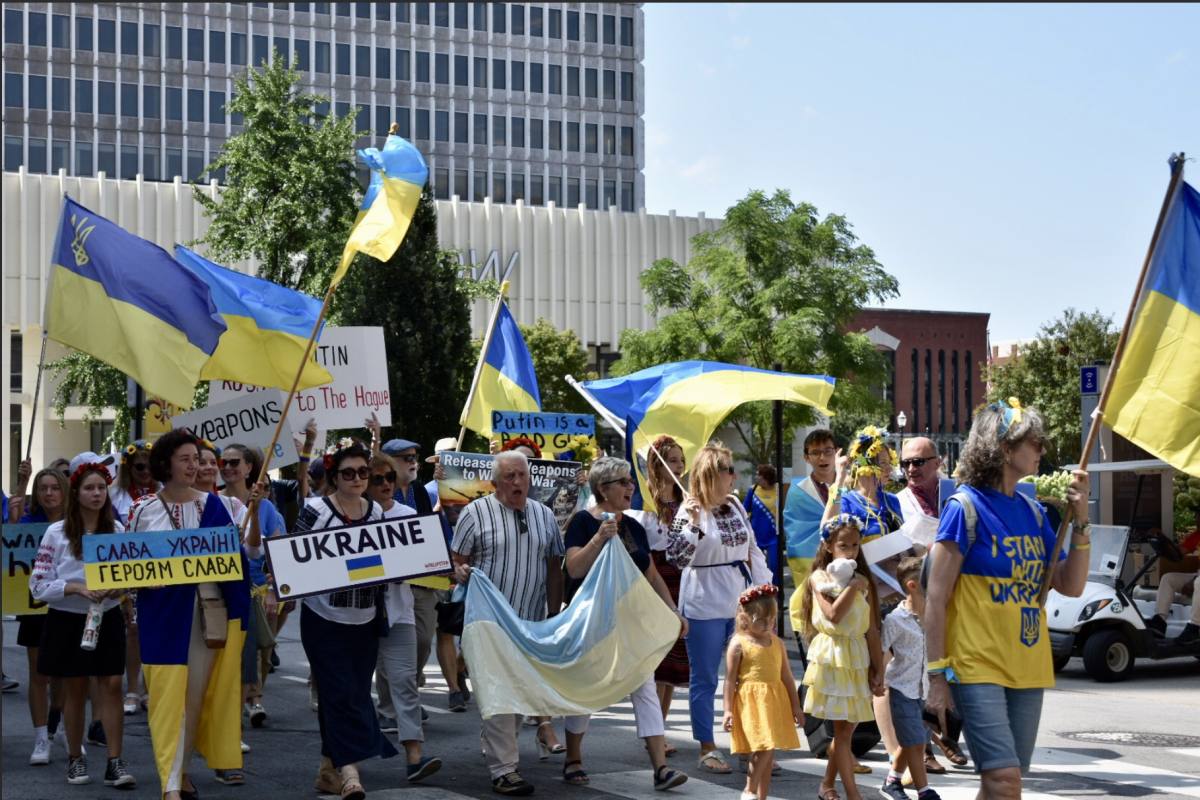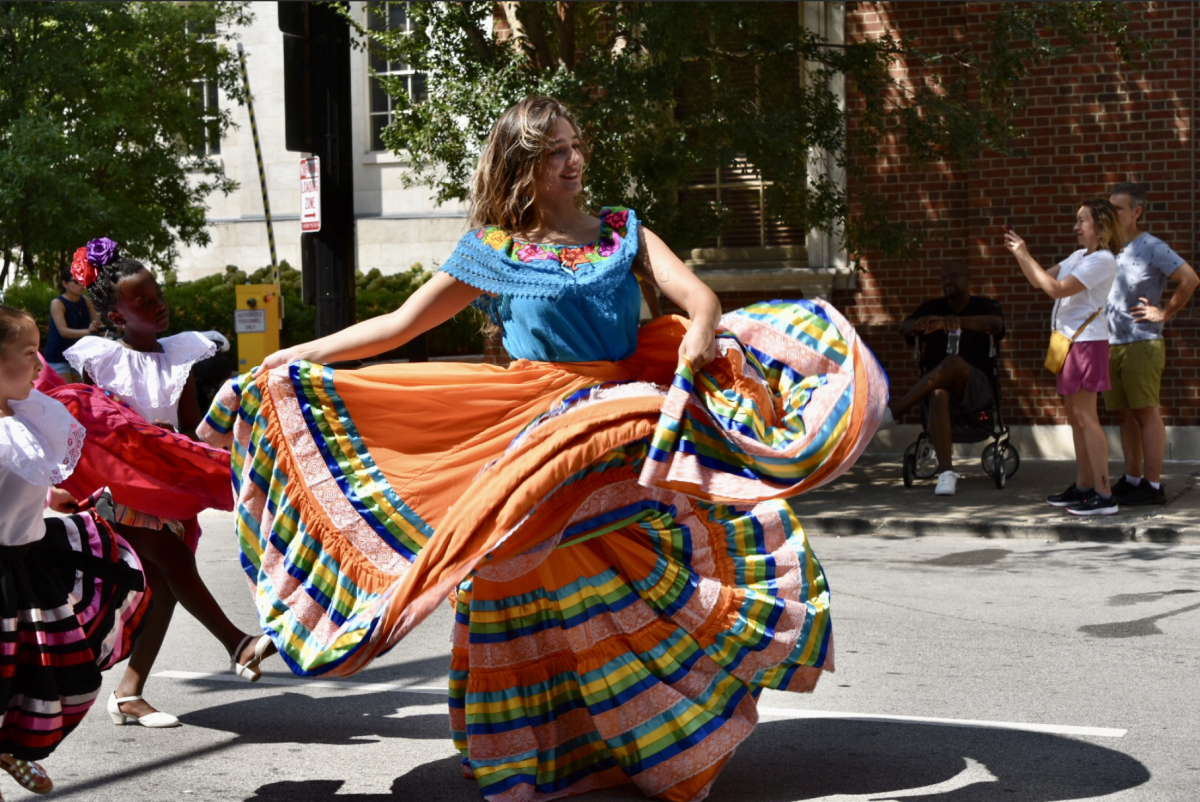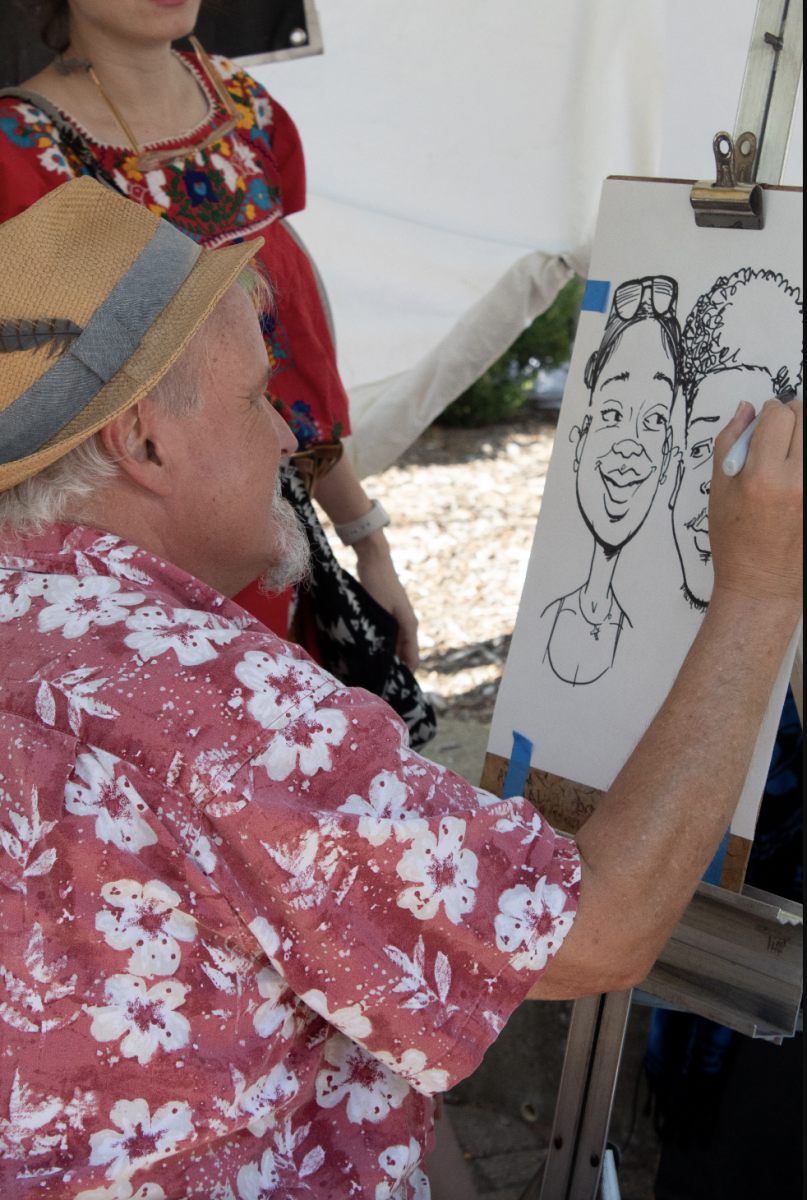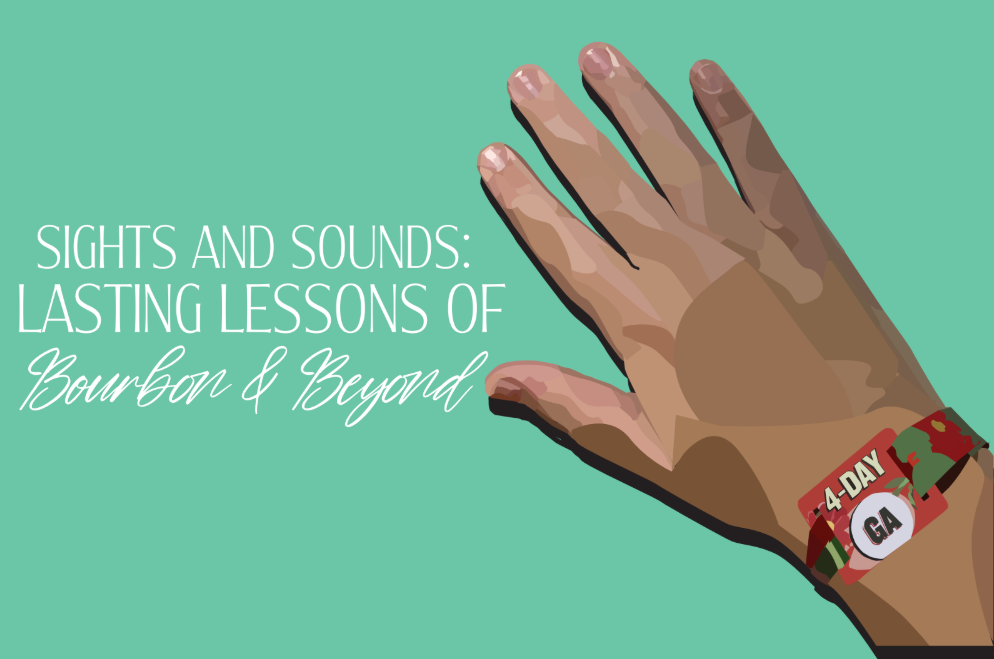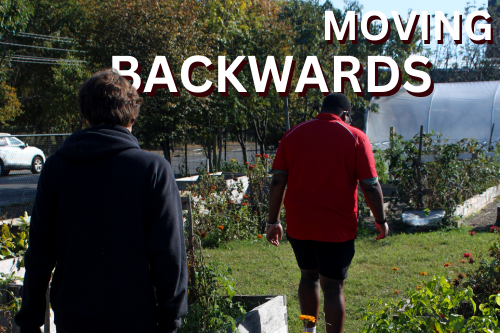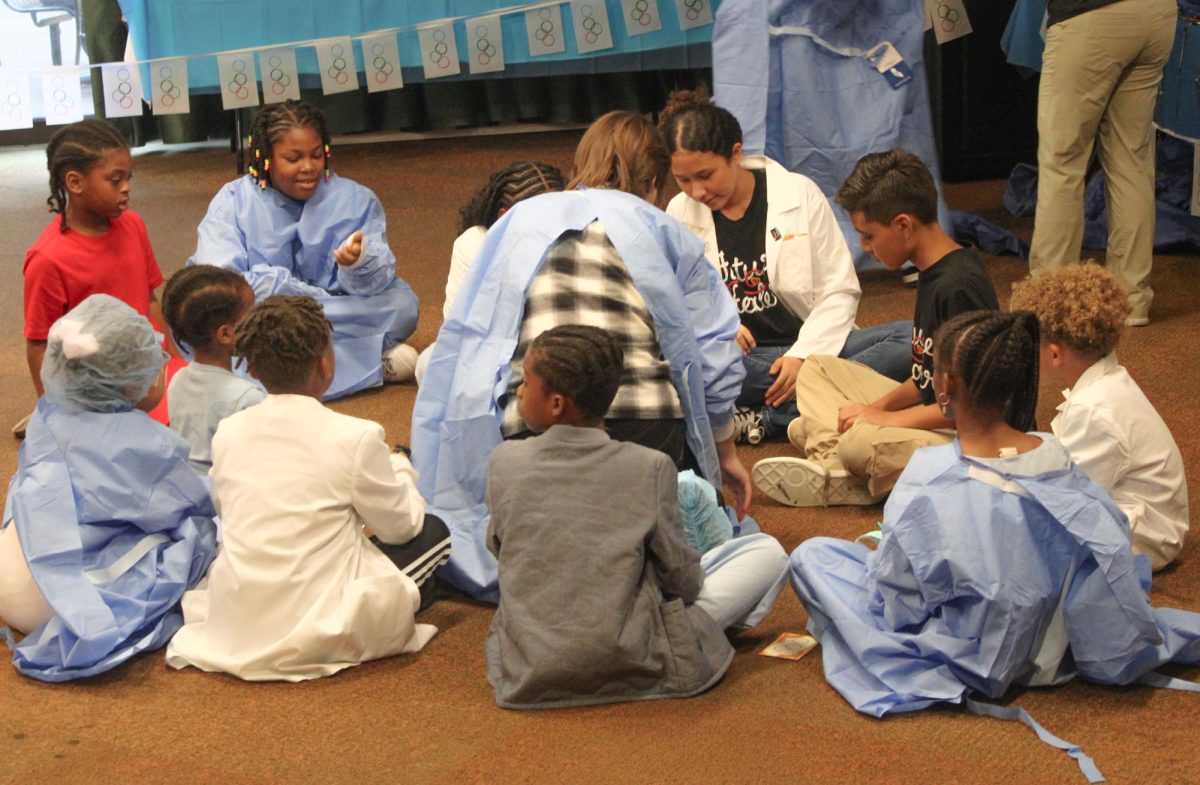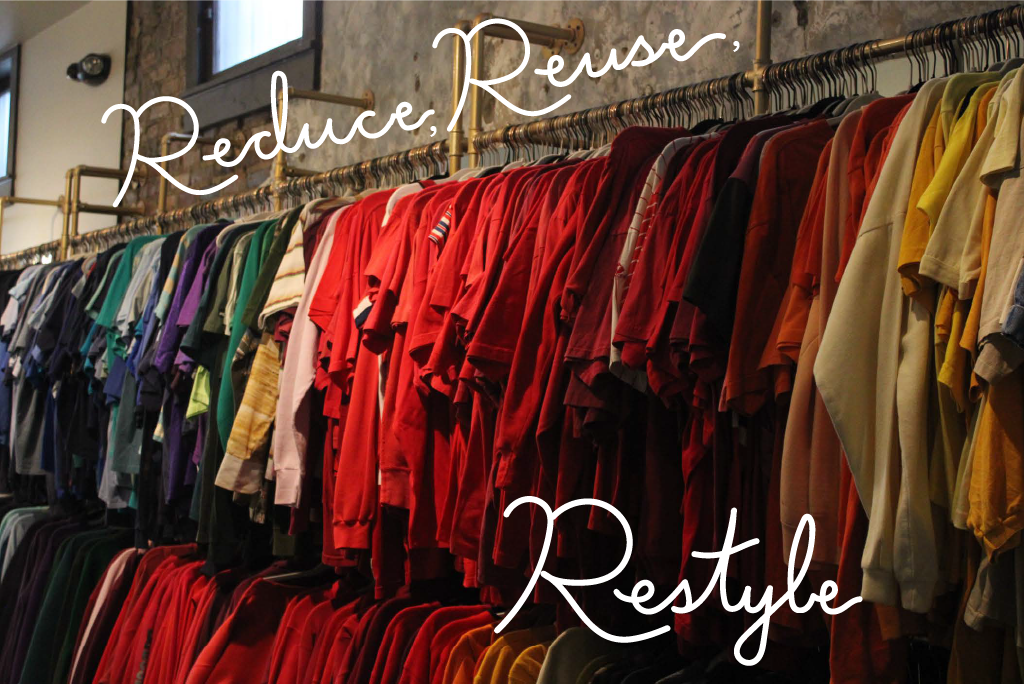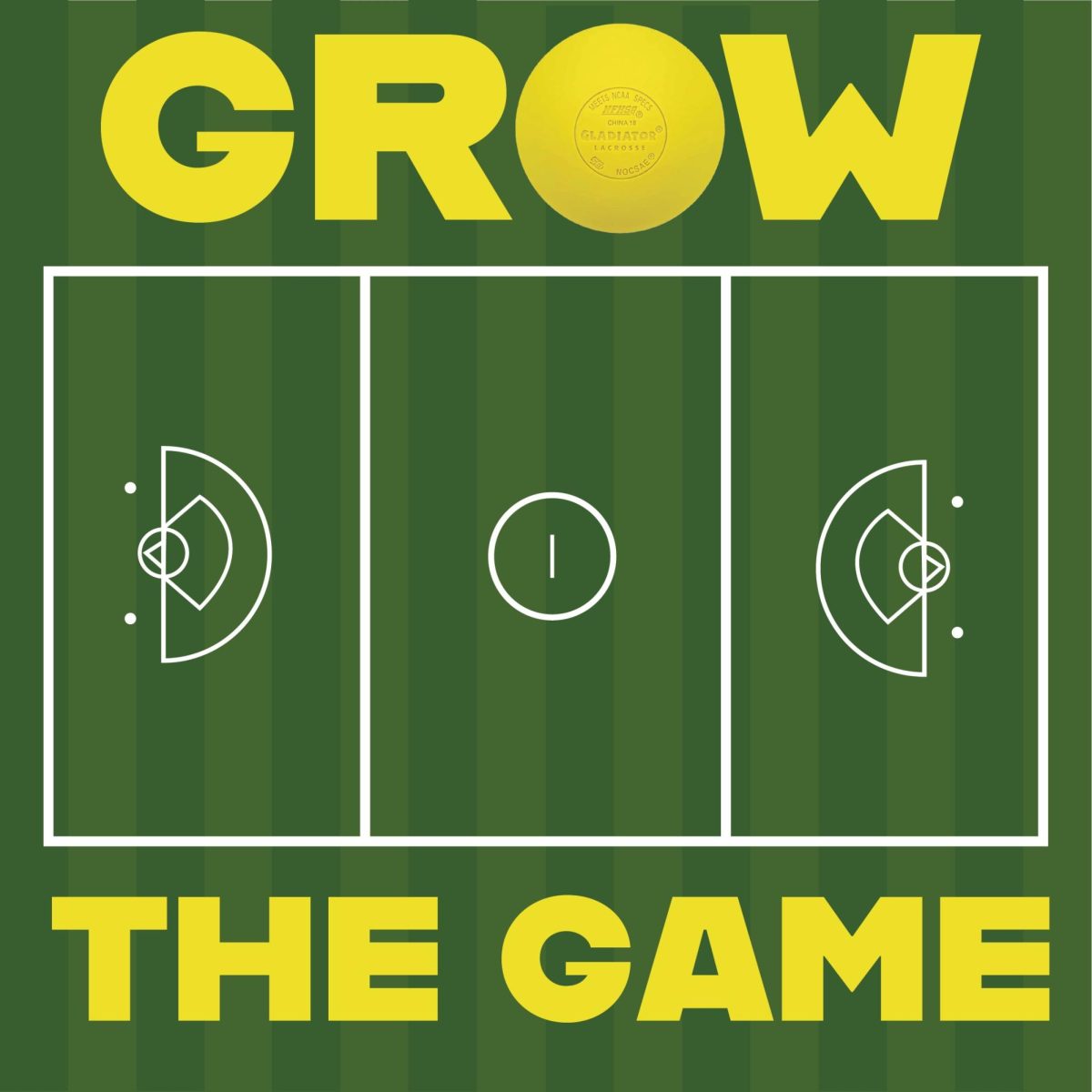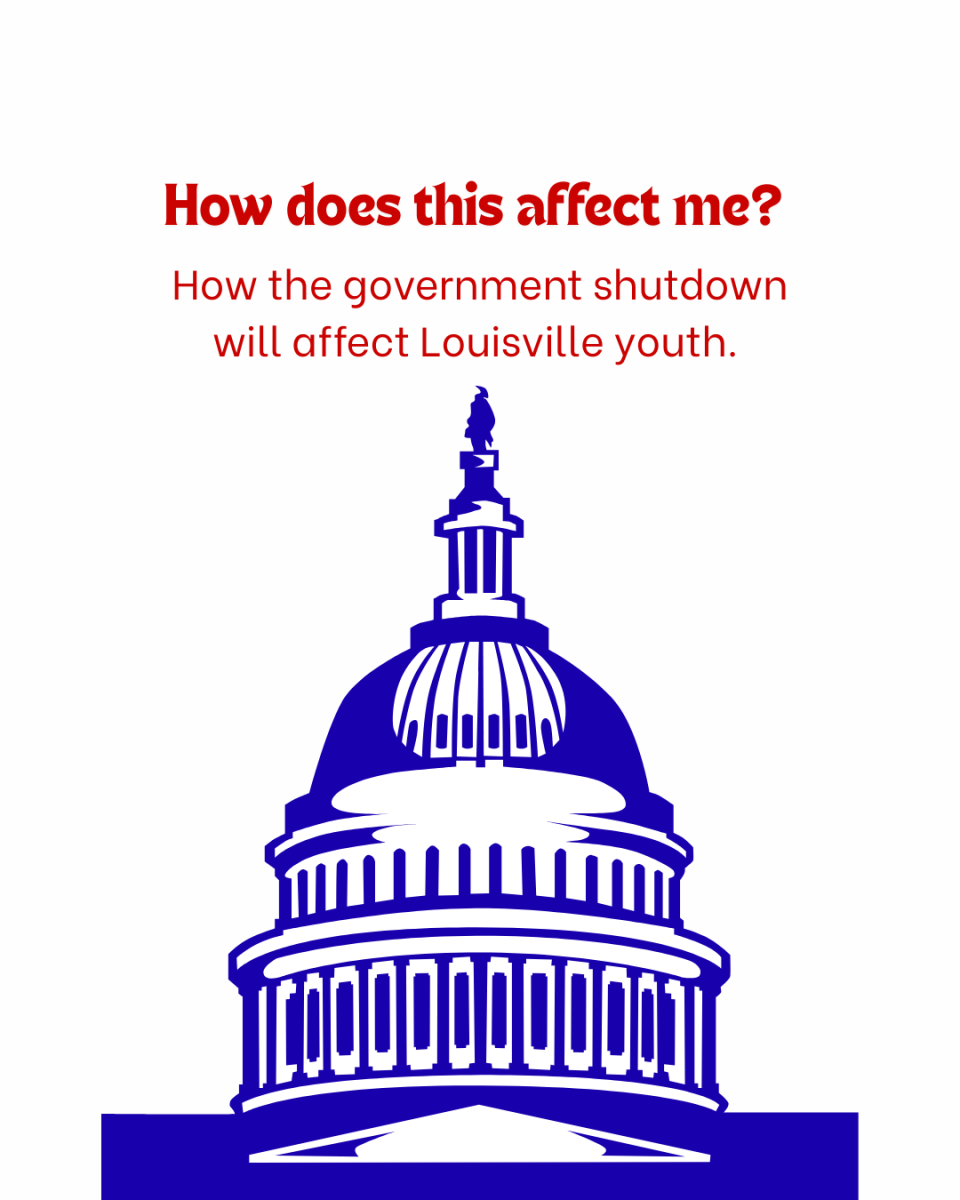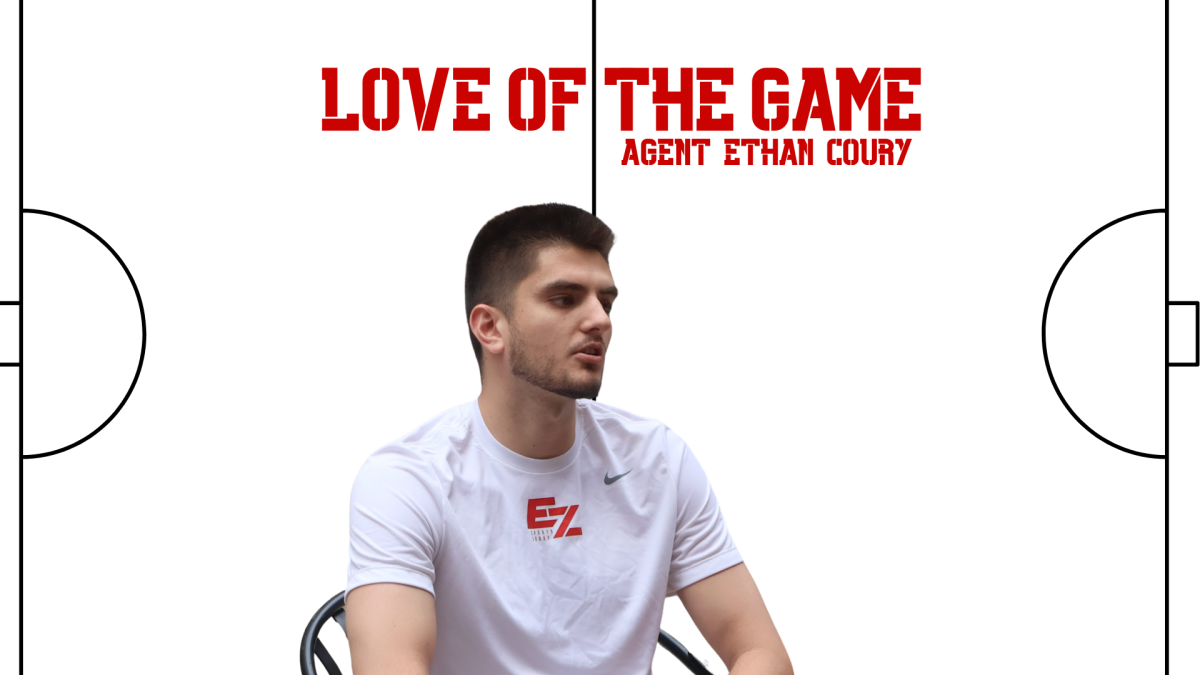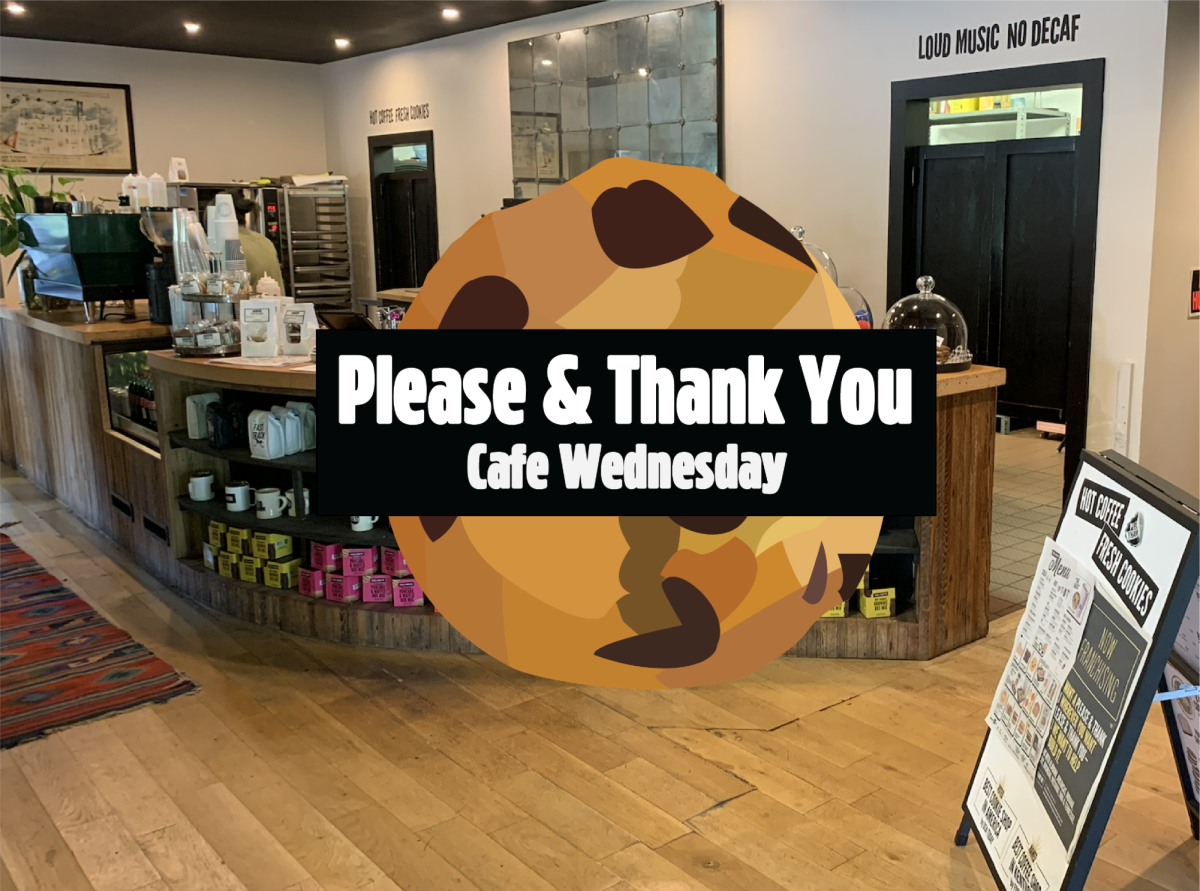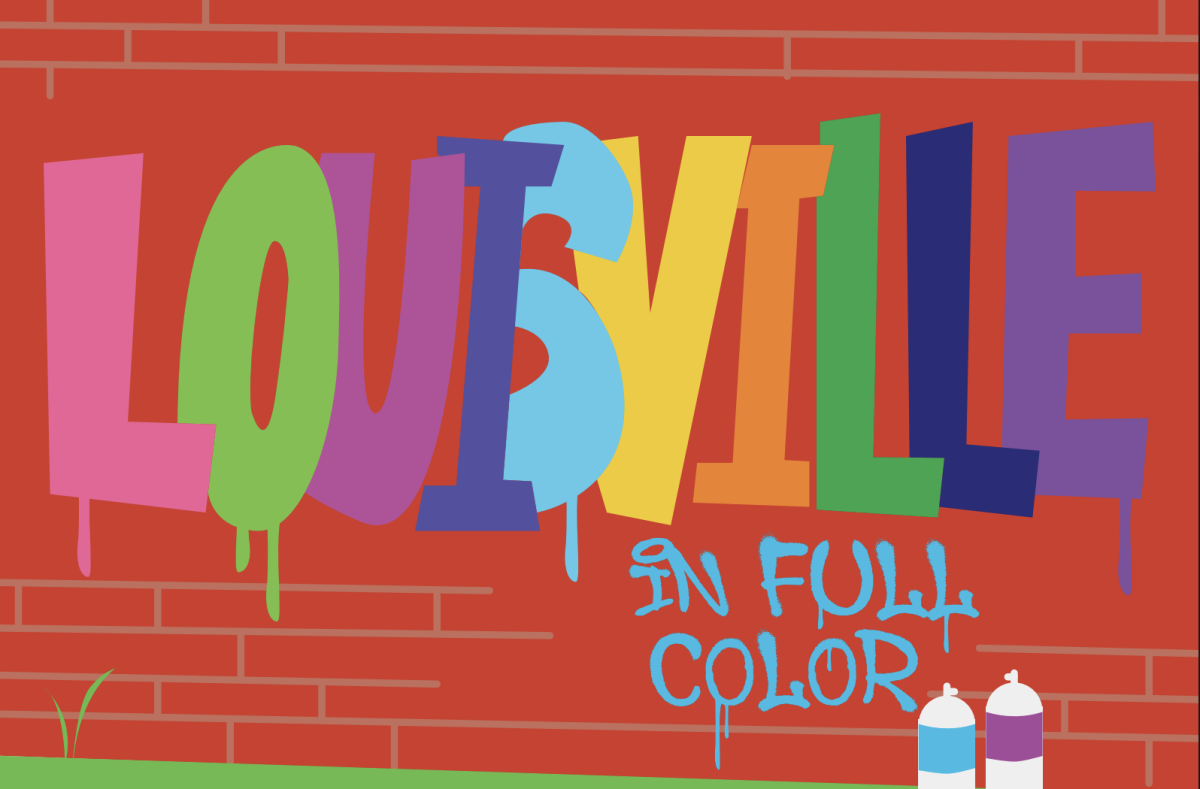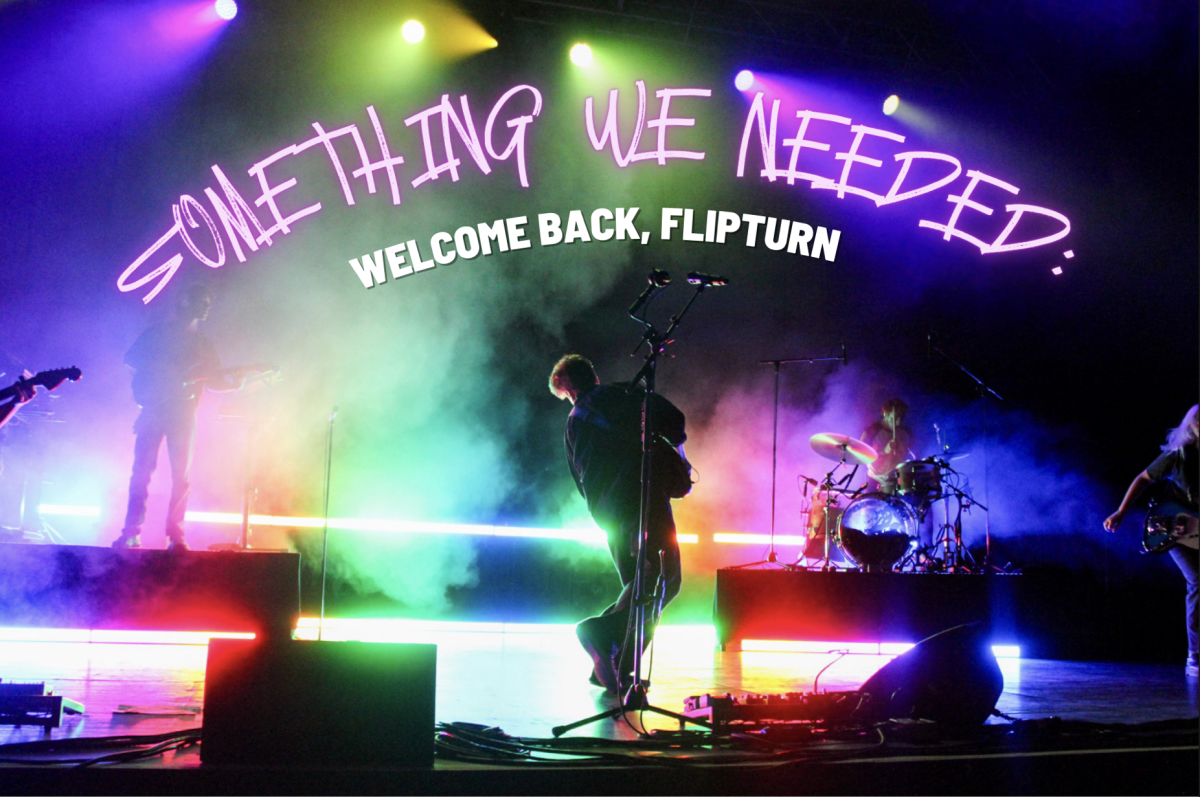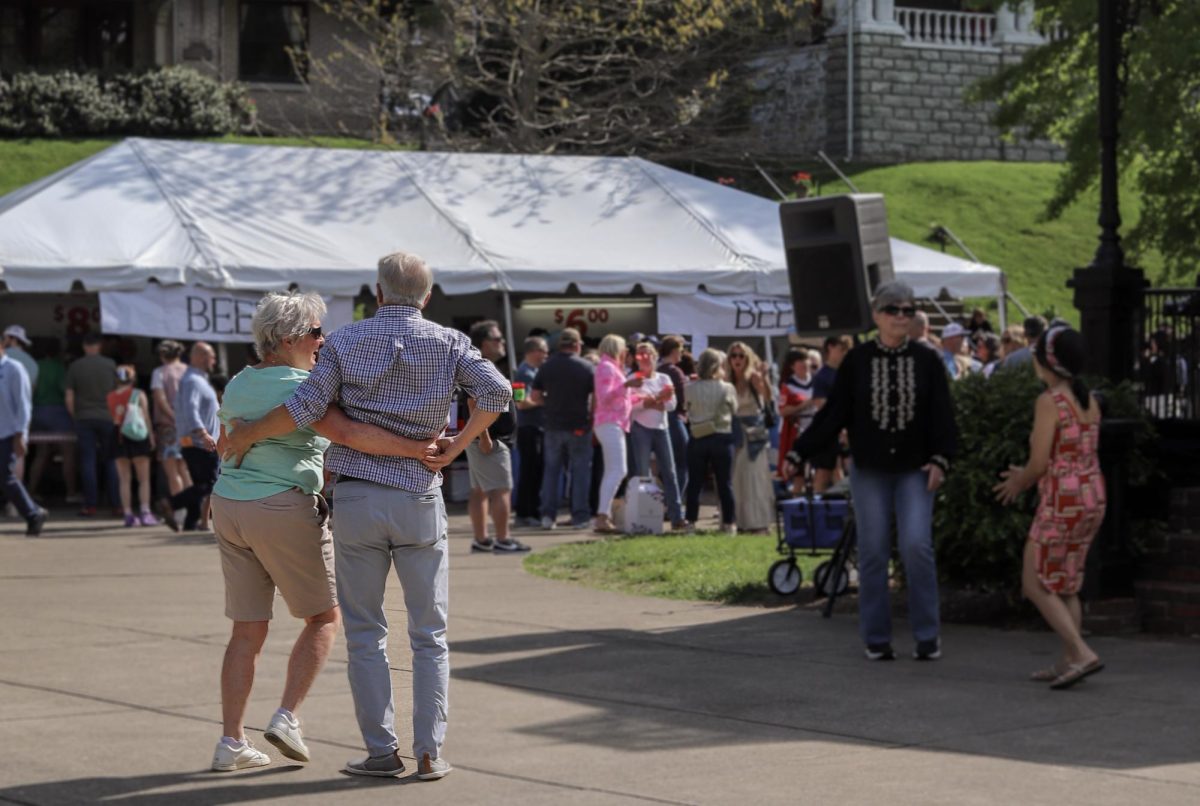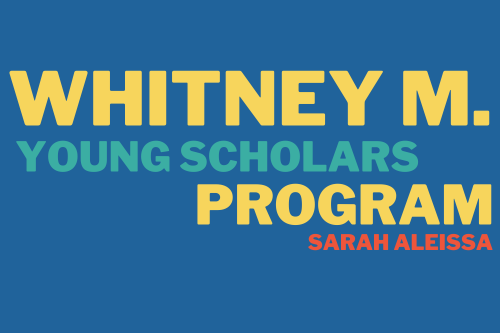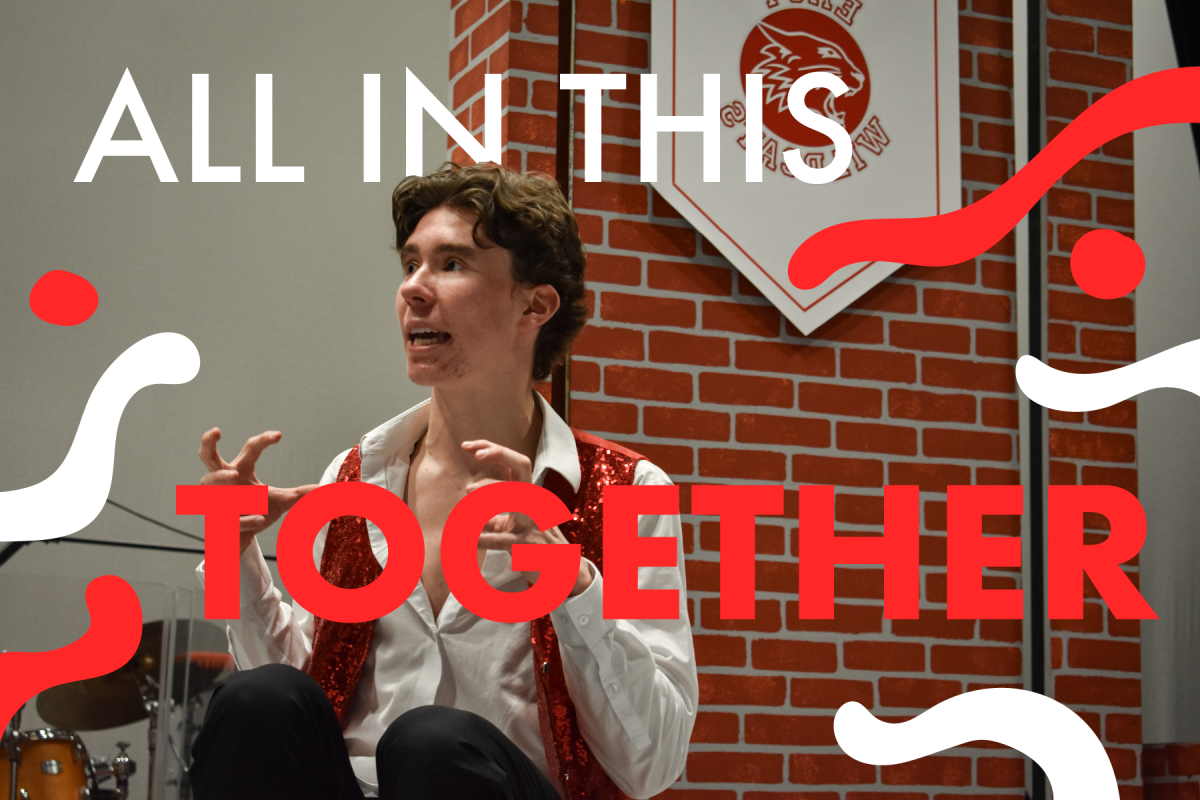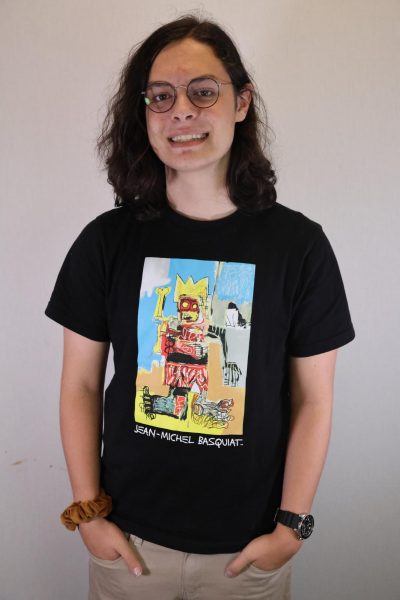September 2nd was a hot day, reaching a high of 90F. However, the blazing Saturday heat did little to put a damper on the festivities, as vendors lined the packed roads that made up the heart of the celebration. Music filled the air, coming from both live bands and the speakers that lined the large performance stages. Performers were abundant, some waving flags as others in more traditional attire danced. People came out and about to share, experience, and partake in the many cultural facets of Louisville.
World Fest is a massive multi-cultural festival that usually takes place over Labor Day weekend. It features parades, performances, and vendors from cultures all over the world. This year marks the 21st year of its occurrence, and it shows no signs of stopping any time soon.
This festival isn’t just about the dance or the food. It’s also about the people. According to Louisville’s official website, we house around 53 thousand foreign-born citizens. That’s over 7% of the total population. More than that, foreign-born citizens are essential to Louisville. There are around 1,710 immigrant entrepreneurs, and many of these people are an essential part of this city’s workforce. In 2017-2018, the Louisville/Jefferson county area would’ve had a population decrease of 2,026 people were it not for immigration. That abundance is seen best at World Fest.
Each day of the festival there were three different performance stages, all with rotating music groups, dances, and ceremonies. The Parade of Cultures, which occurred this year on September 2nd, is a stand out event, being an amazing example of the level of diversity Louisville has. From Ukraine to Tibet, each nation’s flag was flung high and the crowd cheered as they passed.
World fest also helps provide footing for immigrants who are new to the city, with booths regarding naturalization and voter registration. There was also a naturalization ceremony, which hap
pened at the Muhammad Ali center on the first day of the festival. During the ceremony, new citizens took the oath of allegiance and received their certificates of naturalization, officially making them U.S. citizens.
One attendee of the festival was Nima Kulkarni, state representative and immigrant attorney. To her, worldfest is “a recognition of our immigrant and refugee neighbors.” Originally born in India, she became a naturalized citizen at age 14.
“The immigrant journey in the United States and what it means to be a US citizen is an inspiring story for all of us,” Kulkarni said.
To her, the ceremony is emblematic of just how welcoming Louisville is. Moreover, this welcoming nature is an attractive force as Louisville’s immigrant population grows.
“Why people wanna move to Louisville, why the people wanna move to Kentucky, is the diversity and the welcoming attitude that we have towards everybody no matter where we’re raised, religion, ethnicity, or national origin. And that of course is what it means to be an American,” Kulkarni said.
The Louisville Office of Immigrant Affairs is instrumental in the naturalization process, as well as giving new Louisvillian’s a foothold in the city. They participate in public outreach, and aim
to help small immigrant-run businesses all around the city. They provide community resources, such as the office’s director, Amos Izerimana, having a booth at world fest this year. Izerimana has been to, what he approximates as, 5-6 world fests since he came to Louisville, in. Three of those have been in a professional capacity.
“For a lot of immigrants, World Fest is an opportunity to celebrate our heritage, but also to celebrate our found sense of belonging right here in Louisville,” Izerimana said. “For me, well, it’s a beautiful rendition– a friendly and beautiful collection of things from all over the world.”
The office encourages interaction, especially with curious youth. They have something called the WorldFest passport, filled with various trivia questions about the world. It’s intended to not only
teach about culture on a global scale, but also about the different cultures right here in Louisville. He says that for children growing up in this day and age, it’s especially important to know about these things.
“It’s very important for young people to know the world, because they are growing up in a place so well connected to the rest of the world,” Izerimana said. “That’s what’s gonna help us grow as a globalized society.”


